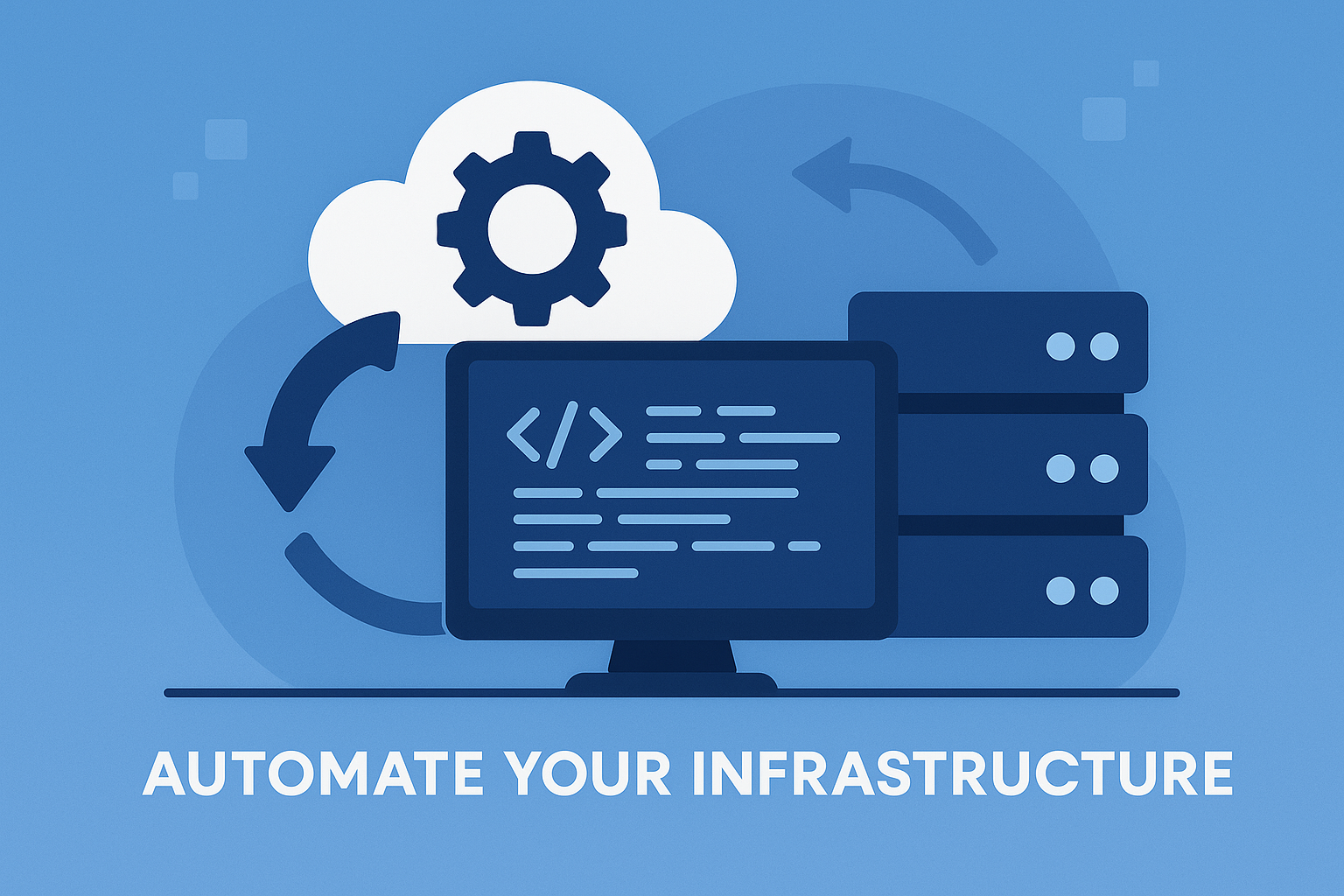What is an Operator?
An Operator in Kubernetes is a method of packaging, deploying, and managing complex, stateful applications. It leverages Custom Resource Definitions (CRDs) and custom controllers to extend Kubernetes’ capabilities, automating tasks such as installation, configuration, updates, and scaling of applications. Operators are designed to encapsulate human operational knowledge into automated workflows, enabling efficient management of applications at scale.
How Does an Operator Work?
Operators use CRDs to define new types of resources representing the application or service being managed. A custom controller monitors these resources and performs actions to reconcile the desired state defined in the resource’s specification with the actual state of the application. This might include deploying pods, configuring services, or performing application-specific tasks like backups or failover handling. Operators continuously monitor and act on changes to the custom resources to maintain the desired state.
Why Are Operators Important?
Operators are important because they simplify the management of complex applications by automating operational tasks. They reduce the need for manual intervention, minimize errors, and ensure consistency across deployments. By embedding domain-specific operational knowledge, Operators empower Kubernetes to manage stateful and highly customized applications with the same ease as stateless workloads.
Benefits of Operators
- Automation: Automates repetitive tasks such as application scaling, updates, and backups.
- Consistency: Ensures uniform deployment and management of applications across environments.
- Domain Knowledge: Encapsulates operational expertise, enabling Kubernetes to handle application-specific tasks.
- Scalability: Simplifies management of applications in large-scale, distributed environments.
Use Cases for Operators
- Stateful Applications: Manage databases, messaging systems, and other stateful workloads with custom logic for failover, scaling, and recovery.
- Application Lifecycles: Automate deployment, configuration, and updates for complex applications.
- Cluster Management: Simplify the management of Kubernetes clusters and resources, such as monitoring tools and logging systems.
- Policy Enforcement: Use Operators to enforce custom policies for applications and resources within a Kubernetes cluster.
Summary
An Operator in Kubernetes is a powerful tool for automating the management of complex applications. By combining CRDs and custom controllers, Operators encapsulate operational knowledge to handle tasks like deployment, scaling, and backups. They enhance the efficiency, consistency, and scalability of Kubernetes environments, making them indispensable for managing stateful and highly customized workloads.



